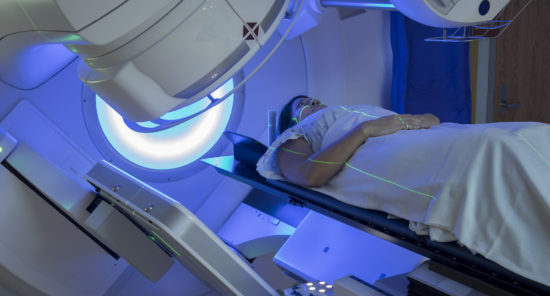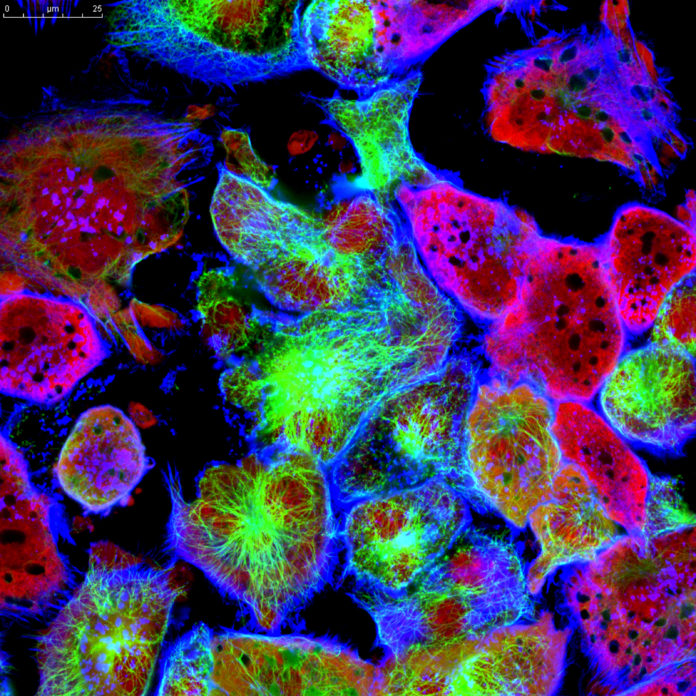A study aimed to investigated miRNA expression in patients breast cancer patients with early and/or late relapse, and the predictive value for assessing overall (OS) and progression-free survival (PFS). The findings appeared in Archives of Gynecology and Obstetrics.
This analysis consisted of 47 patients with metastatic breast cancer from the University Women’s Hospital Heidelberg. Expression of miR-200a, miR-200b, miR-200c, miR-141, and miR-429 were analyzed using RT-qPCR, before a new line of systemic therapy, and following the initial cycle of a respective therapy. They researchers then analyzed tumor response every 3 months. They focused on assessing the association of miRNAs with PFS and OS.
Following analysis, the results showed that before starting a new line of systemic therapy, miR-429 (p = 0.024) expression was significantly higher in patients with early relapse (PFS ≤ 4 months) than in patients with late relapse (PFS > 4 months). They investigators noted that following one cycle of systemic therapy, miR-200a (p = 0.039), miR-200b (p = 0.003), miR-141 (p = 0.017), and miR-429 (p = 0.010) expression was higher in early than in late progressive cancer. Overall, patients with higher miRNA levels showed a significant reduction in OS and PFS.
“Circulating miR-200s were differentially expressed among patients with late and/or early relapse. 4 of 5 members of the miR-200 family predicted significantly early relapse after systemic treatment. Our results encourage the use of circulating miR-200s as valuable prognostic biomarkers during metastatic breast cancer therapy,” the researchers concluded.
Link: https://pubmed.ncbi.nlm.nih.gov/35237856/
Keywords: Circulating microRNAs, Liquid biopsy, Metastatic breast cancer, Survival, miR-200 family









